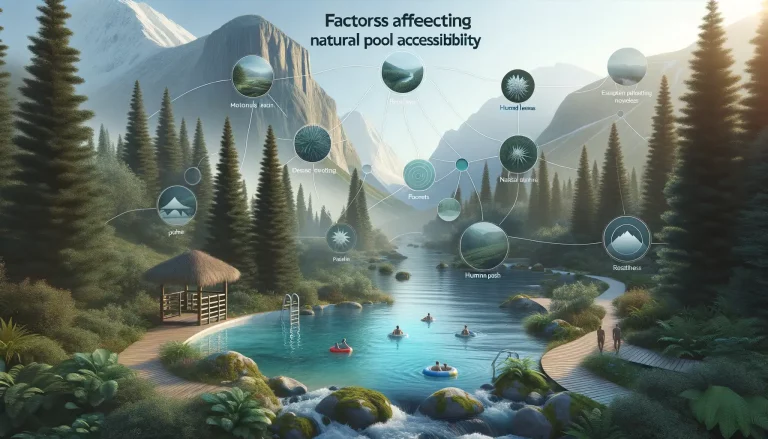Introduction
In recent years, plant-based cuisine has exploded in popularity, moving from the fringes to become a mainstream trend embraced by millions worldwide. Vegan restaurants are popping up in cities large and small, supermarkets are expanding their selection of meat alternatives, and even fast-food giants are getting in on the action with vegan menu options. But is a plant-based diet truly healthy for the human body? This article explores the rise of veganism and considers whether it can provide all the nutrients our bodies need.
The Growing Demand for Vegan Food
The demand for vegan food has surged in recent years, driven by increasing concerns about animal welfare, environmental sustainability, and personal health. According to a 2020 study by the plant-based market research firm Good Food Institute, the U.S. retail market for plant-based foods grew 11% over the previous year, reaching $7 billion in sales. Similar trends are being seen globally.
One of the key factors driving this growth is the rise of the “flexitarian” – people who don’t identify as strictly vegan or vegetarian but nonetheless want to incorporate more plant-based foods into their diet. These consumers appreciate the convenience and taste of meat alternatives, even if they’re not ready to give up animal products entirely.
Another important trend is the increasing availability and variety of vegan options in mainstream foodservice settings. Many major restaurant chains now offer at least a few vegan dishes, and some have entire plant-based menus. Fast-food giant Burger King, for example, has introduced an Impossible Whopper made with a plant-based patty.
The Health Benefits of Plant-Based Diets
There’s no doubt that well-planned vegan diets can offer numerous health benefits when compared to typical Western diets heavy in meat and processed foods. Studies have linked plant-based eating to lower rates of heart disease, type 2 diabetes, and certain cancers. Vegans tend to have lower BMIs and smaller waist circumferences than meat-eaters.
The key to a healthy vegan diet is consuming a variety of nutrient-dense plant foods like whole grains, legumes, fruits, vegetables, and nuts and seeds. These provide essential vitamins, minerals, fiber, and protein. But it’s important for vegans to be mindful of potential nutrient deficiencies if they don’t consume fortified foods or supplements.

The Nutrient Deficiencies in Vegan Diets
While well-planned vegan diets can be healthful, there are some nutrients that can be more challenging to obtain from plant sources alone. Vitamin B12 is a prime example – it’s only found naturally in animal products and fortified foods like plant milks and cereals.
Other potential deficiencies include:
– Iron: While iron is plentiful in plants like spinach and lentils, the body doesn’t absorb non-heme iron (the type found in plants) as efficiently. Vegans may need to consume more iron-rich foods or opt for better-absorbed heme iron supplements.
– Calcium: Plant-based calcium sources include leafy greens, fortified plant milks, and tofu made with calcium sulfate. But the body doesn’t absorb calcium from these sources as well as it does from dairy products.
– Omega-3 fatty acids: Most vegan omega-3s come from ALA in flaxseeds, chia seeds, and walnuts. The body must convert ALA to EPA and DHA for full utilization. Supplementing with algae-derived DHA can be helpful.
Meeting Nutrient Needs on a Vegan Diet
With careful planning, it’s possible to meet all nutrient needs on a vegan diet. Here are some tips:
– Fortify your foods. Choose plant milks and cereals that are fortified with vitamins B12, D, and other nutrients.
– Consume complete proteins. Pair complementary protein sources like grains and legumes at meals to get all essential amino acids.
– Be mindful of iron absorption. Combine iron-rich foods with vitamin C for better absorption (e.g., lentil soup with bell pepper).
– Consider supplements. For some vegans, especially those who don’t eat fortified foods or consume many nutrient-dense plant sources, supplementation may be necessary.
Conclusion
The rise of plant-based cuisine is a welcome trend that can help more people access healthful, environmentally friendly food options. But it’s important to recognize that not all vegan diets are created equal – a poorly planned diet lacking in key nutrients can lead to deficiencies over time. By consuming a diverse array of nutrient-dense plant foods and possibly using supplements or fortified products when needed, most people can meet their nutritional needs on a well-planned vegan regimen.




